Sitting, year after year with hundreds and hundreds of couples, I experience themes in human behavior that teach me a lot about the differences between people who are able to create beautiful love relationships, and those who struggle, believing that they’re just not “finding the right person,” or that true love is not in the stars for them. My findings are reflected in research on relationships, and like so much that science supports, truth can feel counterintuitive, certainly counter to what feels “natural and normal.”
I often hear statements from partners that land within the realm of relational habits that represent a lack of agency in partnership—and fall into the category of those for whom healthy intimacy seems always just out of grasp.
Do any of the following statements feel familiar to you? If so, maybe there’s an opportunity to reflect on how you might rediscover a sense of authentic power and agency in your life and relationship.
8 Disempowered Relational Statements
1. I could never say _______ to my partner
When we blame our partner’s imaginary response for our inability to own and honor our truth, we build resentment (and resentment is the ultimate killer of relationship). Our greatest power is being and sharing all that we are.
2. How are WE doing?
When we ask our partners to dictate the story of our relationship, rather than take ownership for where we are, we disempower ourselves and dismiss our own insight and perspective, and we pressure our partners to answer for our collective experience. Try taking ownership of where you are, then ask your partner to do the same.
3. I'm always walking on eggshells
When we make ourselves small and dismiss the value of congruence--meaning what's happening internally needs to be shared externally--we blame our partner for our own disempowered sense of self. We need to walk confidently and learn to effectively respond to whatever our partner brings.
4. My partner shuts me down
No one can shut us down without our permission. Learn to advocate, effectively, for yourself. Having a voice, in the face of someone making it difficult, is a necessary relational skill. In every relationship, we will feel mistreated at some point. The practice is knowing how to effectively respond.
5. No matter what I do, its never enough
We need to do the reparative work of healing our own core wounds related to feeling "not enough," or "too much," or "not worthy." If these internalized beliefs are being triggered by our partners, we have an opportunity to do the work of healing. When we have developed an identity of "I'm enough," no one can take that away.
6. My needs are not being met
First off, explore whether you have a need or a want, and explore if it is truly your partner's job to meet it. Putting the pressure of a need on your partner is very different than making a request for a legitimate want, openly and honestly, without blame or contempt. Not assuming that our partners should automatically attune to us creates space for healthy negotiation.
7. There's no space for me to be myself in the relationship
You create the space, and practice, of being yourself in life and relationship. That's no one else's job. Knowing how to skillfully respond when it feels your partner is "taking up all the space" is an essential skill for having the relationships we crave.
8. I would never do what you did
Comparison is the thief of Joy, and certainly a distraction from our own relational habits, that will forever require reflection and practice. When we get on our relational high horse, we put ourselves directly in the company of people who will not have healthy relationships. Instead, learn how to require equal regard while making it very easy for your partner to care about how you feel.
___________________________________________
If these statements are things you’ve said, or thought, regarding your relationship, maybe it’s time to explore how your perspective on your partnership, and your own relational habits, are the very things you can change that will make a profound difference in your relational future.
I’d love to hear how you’re committed to doing that!

